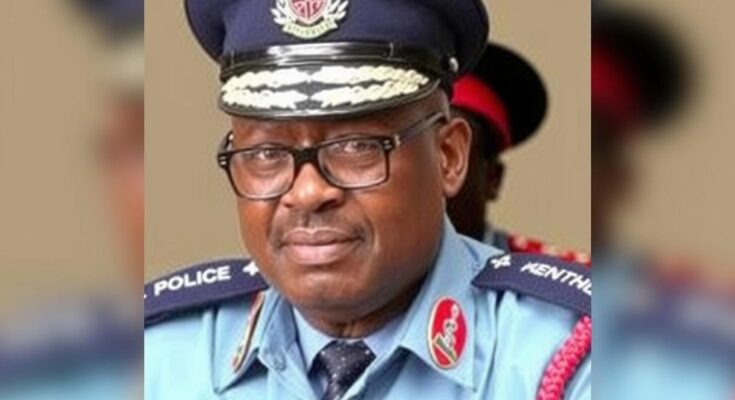Kenya’s high court has summoned Police Chief Douglas Kanja to provide answers regarding recent kidnappings linked to anti-government protests. Following a string of abductions over the Christmas period, rights groups filed a court case seeking information on missing individuals, two of whom were reportedly taken after sharing images of the president in a coffin. The police have denied involvement, while victims and advocates call for accountability amidst worsening human rights conditions.
On Wednesday, Kenya’s high court mandated that Inspector General of Police Douglas Kanja must appear in court regarding numerous kidnappings that have provoked national outrage. These abductions have intensified since the significant anti-government protests of the previous year, igniting a pressing political crisis for President William Ruto. In the wake of a worrying trend of disappearances over the Christmas season, human rights organizations filed a legal petition to ascertain the status of six young men believed to be missing. Reports indicated that at least two of these individuals were abducted after sharing digitally manipulated images of President Ruto in a coffin. While five of them were released recently, the circumstances surrounding their captivity remain unclear, with the police denying any involvement. However, human rights advocates criticize a clandestine unit allegedly composed of members from police and other national security agencies.
The Nairobi court has given a directive for Inspector General Kanja to attend the upcoming hearing scheduled for January 27, failing which he could face contempt charges. Among the abducted individuals released was Bernard Kavuli, whose frail appearance during the court session raised concerns. “When he was abducted, he was handcuffed, and indicated that his abductors were in possession of firearms,” stated his lawyer Ndegwa Njiru, emphasizing that such weaponry could only be possessed by law enforcement. The legal team expressed unwavering determination to ensure the presence of Kenya’s highest-ranking police officer in court. This development follows a previous court session wherein the judge mandated the police to either produce the missing individuals or provide an oath-based explanation for their whereabouts. One individual, Steve Mbisi, named in the court petition, continues to remain unaccounted for, leaving his family desperate for justice. Stacey Mchua, the sister of the missing man, expressed her disillusionment regarding the legal proceedings, stating that she had “lost hope” in the quest for justice. The Kenya National Commission on Human Rights has documented 82 abduction cases since the protests, with many individuals still unaccounted for.
The recent order from Kenya’s high court for the Inspector General of Police to appear over the kidnapping allegations highlights ongoing concerns about enforced disappearances in the country. Since the anti-government protests ignited political unrest last year, there has been a worrying increase in such incidents, prompting human rights groups to escalate their demands for accountability. The involvement of law enforcement in these abductions raises significant questions about the state of human rights and the safeguarding of citizens in Kenya.
In summary, the high court’s order for the Police Chief to address serious allegations of kidnappings marks a crucial moment in Kenya’s ongoing struggle for justice and accountability. The prevailing climate of fear following a series of enforced disappearances post-protests is a significant concern for human rights advocates, thereby necessitating urgent governmental and judicial responses to uphold civil liberties. As the case unfolds, the families of the abducted individuals continue to bear the burden of uncertainty and hope for the return of their loved ones.
Original Source: www.barrons.com




